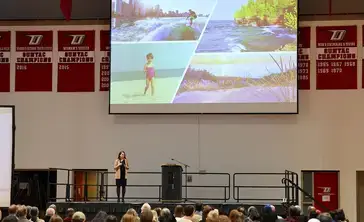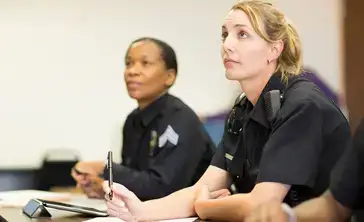Overview
With 12 full-time faculty, several part-time faculty and internship supervisors working in the field, the Sociology, Human Services and Crime Studies Department at SUNY Oneonta is big enough to provide cutting-edge programs, yet small enough to offer personal attention. We offer two majors and three minors, many of which pair well with other majors to create an individualized program of study that supports your career goals.
Explore Sociology, Human Service and Crime Studies Programs
Criminal Justice and Sociology
Sociology, Sustainable Planning and Development, Health and Society
Law Enforcement Academy Preparation

Student Opportunities
Get hands-on experience through an internship or service-learning opportunity, earn college credit for an independent study or research assistantship, or join one of our sociology-related student clubs.
Contact the
Sociology, Human Services, and Crime Studies Department
Bacon Hall
108 Ravine Parkway
Oneonta, NY 13820
United States



